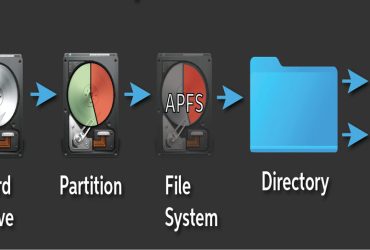In general, the functions of a proxy and a VPN are the same. Here are some differences between different proxies and VPNs:
1. Coverage
VPNs affect the entire operating system, and proxies only apply to one application. For example, suppose a VPN is running on my computer, and every request I make goes to the server via the VPN. In other words, when I send a request to my browser https://facebook.com in the browser, the VPN accepts it and sends it to Facebook’s server. If there is a response on Facebook-Server, the VPN will accept it and return it to our computer. If you have a VPN on your device, you can use Facebook, Chrome, Firefox, etc. to request anything on the Internet and go through the VPN. That is why VPNs affect the entire operating system. But proxies are not like this, if you want to use a proxy you have to set it up depending on the application you want to use. If I only want to use it for one Chrome browser, I can set up a proxy for the Chrome browser only.
2. Security
Both VPN and proxy are said to provide the best security. This is because they hide their IP address and send their own IP and requests to the server so that no third-party organization, Government Agencies, or ISP provider can know your IP address. But VPN is more than just a proxy. This is because the VPN encrypts and sends the data. The proxy does not encrypt the data, so it can be said that the VPN is more secure than the proxy.
3. Speed
If you do not use a proxy or VPN, the speed will be faster. If we use a proxy or VPN, the request must first go through the proxy or VPN server. Instead of going directly through a proxy or VPN server, the speed will be a bit slower than using it directly. Which of these two proxies and VPNs is better, the proxy is better? This is because the proxy sends the requested data without encryption. Using a proxy is much faster than using a VPN, as the VPN takes time to encrypt the data before sending it, and it takes time to decrypt and send the data to the user.
4. Cost and Price
If you install and use your own VPN or Proxy Server, both can be costly. Installing and using your own server is not easy for everyone. Only a few large companies can set up their own servers. However, VPN is expensive if you buy it as a subscription and do not use it yourself. Most proxies are free. If you’re looking for security, you may want to consider using a paid version. No company will offer you a free trial. You may or may not sell your data with ads. Some VPNs are also free. But for your security, it is safer to buy a paid version.
5. Reliability
In terms of reliability, VPN servers are more reliable than proxy servers. The proxy server may sometimes be disconnected during use. If this happens, you may need to reconnect. That’s not a big deal, but it’s a big deal, and it’s a big deal, and it’s a big deal. Therefore, a VPN is more reliable than a proxy.
In conclusion, VPN servers are more powerful than proxy servers in terms of security and reliability. I also want to use VPN.
















